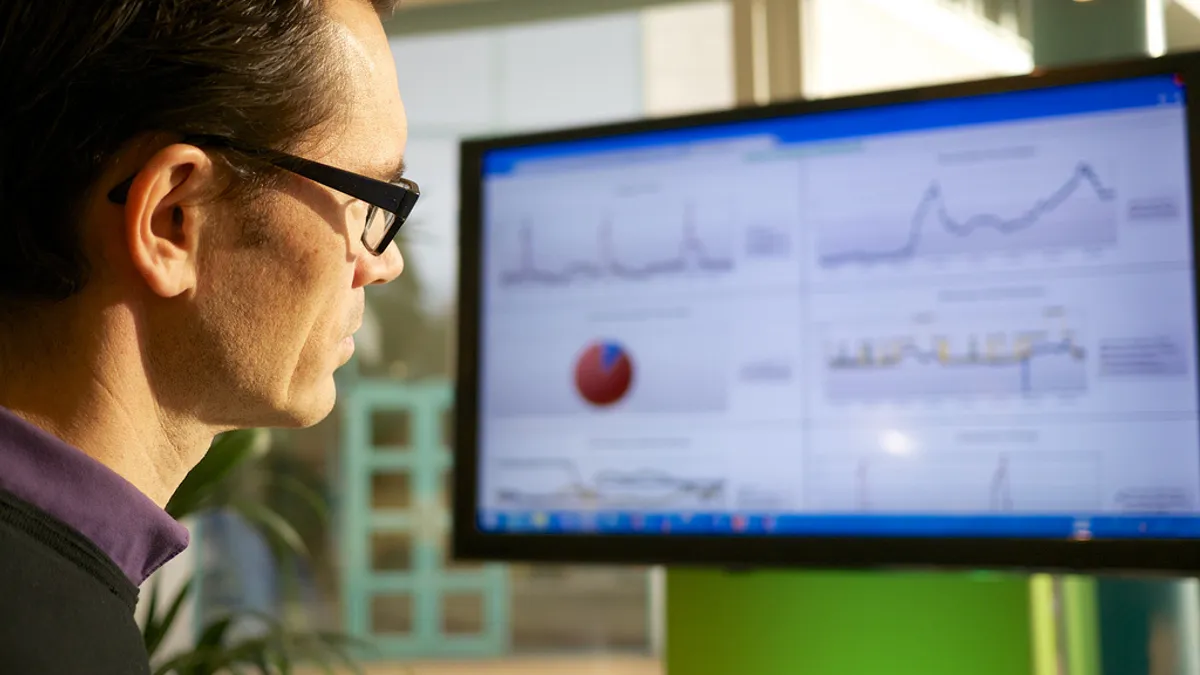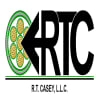Dive Brief:
- EnerNOC in a Form 8-K filed last month with the U.S. Securities and Exchange Commission revealed it would sell its utility customer engagement business, and will need to reduce its North American workforce by about 5%.
- EnerNOC CEO Tim Healy told Greentech Media the move will allow it to focus on the company's core business of providing demand response.
- The move highlights the difficulty in selling software to utilities, which are typically slow to adopt new solutions. EnerNOC's decision came just three week's after Oracle announced it would purchase Opower for $532 million.
Dive Insight:
EnerNOC's decision to eject its utility customer engagement business is a sign of how difficult it can be to sell software solutions to the slow-moving utility business, GTM reports. The outlet spoke with CEO Healey, who said "there is no doubt that there's a market for utility customer engagement software ... but our intense focus is on ensuring the success of enterprise EIS.”
Oracle's decision to snap up Opower last month was a sign of the difficulties in signing up utility customers to software solutions, Greentech reports, and EnerNOC's decision bolsters that view. Steve Propper, director of grid edge at GTM Research, told Greentech "it's no secret that utility sales cycles can be very cumbersome. In fact, for some solution providers, lack of clarity on internal review processes and deployment timelines can aggravate a business's ability to effectively plan for the long term."
EnerNOC acquired Pulse Energy in December 2014, looking for a solution to help utilities engage their commercial and industrial customers. In that announcement, EnerNOC said the company's software enables utilities to "deliver targeted energy saving recommendations in a branded environment, catered to each customer's unique profile, including business type, location, and energy use."
As utilities have turned to software solutions to manage demand, offerings aimed at a wide range of customers have grown. But how utilities pay for software could be holding back the industry, Utility Dive has reported.
Opower and Navigant recently teamed up on research which showed utilities are increasingly out of their depth when it comes to creating customer engagement platforms and are turning to third-party providers. However, rules governing how those investments are accounted for could result in conflicting signals for utilities.
“It's a trend that has become noticeable over the last few years,” Navigant Associate Director Aida Hakirevic told Utility Dive. “The majority favor buying over building IT solutions. We're seeing a shift away from the traditional model.”
While utilities have historically been unable to capitalize cloud-based software solutions into their rate base, some states are considering changing the rules.
The New York Public Service Commission last month issued a major order allowing utilities to earn a return from market-based platform activities and performance measures, as well as the deferment of capital investments. That change includes capitalizing cloud-based software.
In Illinois, regulators are considering a similar change in a proceeding that examines "whether there are additional regulatory barriers that hinder the adoption of cloud services."














